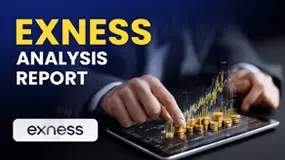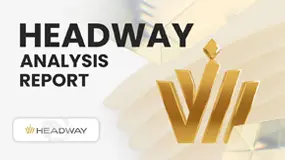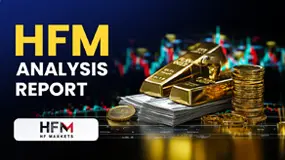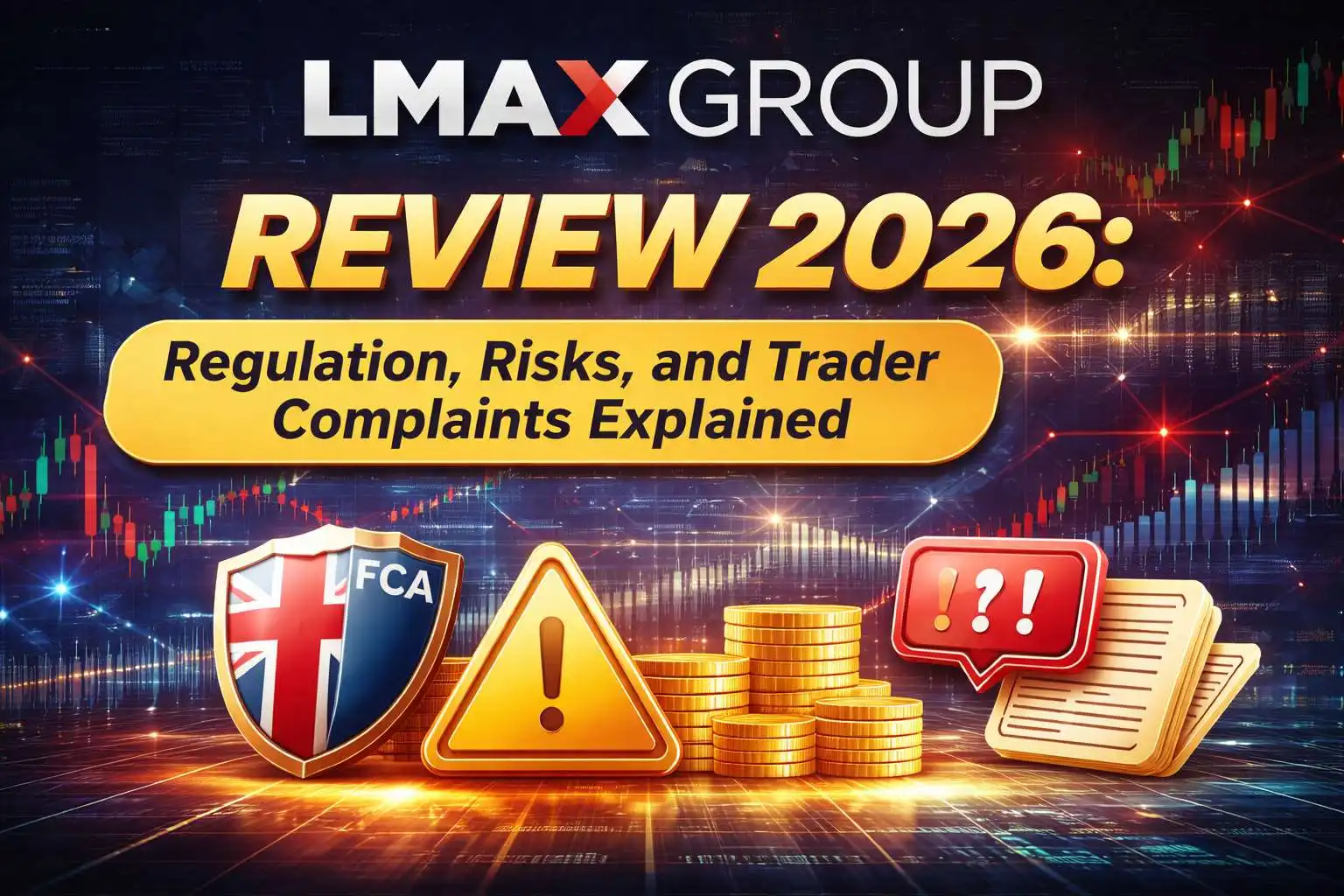Abstract:In recent years, the forex market in Europe has witnessed a significant surge in investment scams, prompting a closer examination of the evolving landscape and the tactics employed by fraudsters. As technology continues to advance, scammers are becoming increasingly sophisticated, exploiting various channels to target unsuspecting investors. In this article, we explore the trends and tactics characterizing the evolution of forex investment scams in Europe, shedding light on the challenges faced by both investors and regulatory bodies.
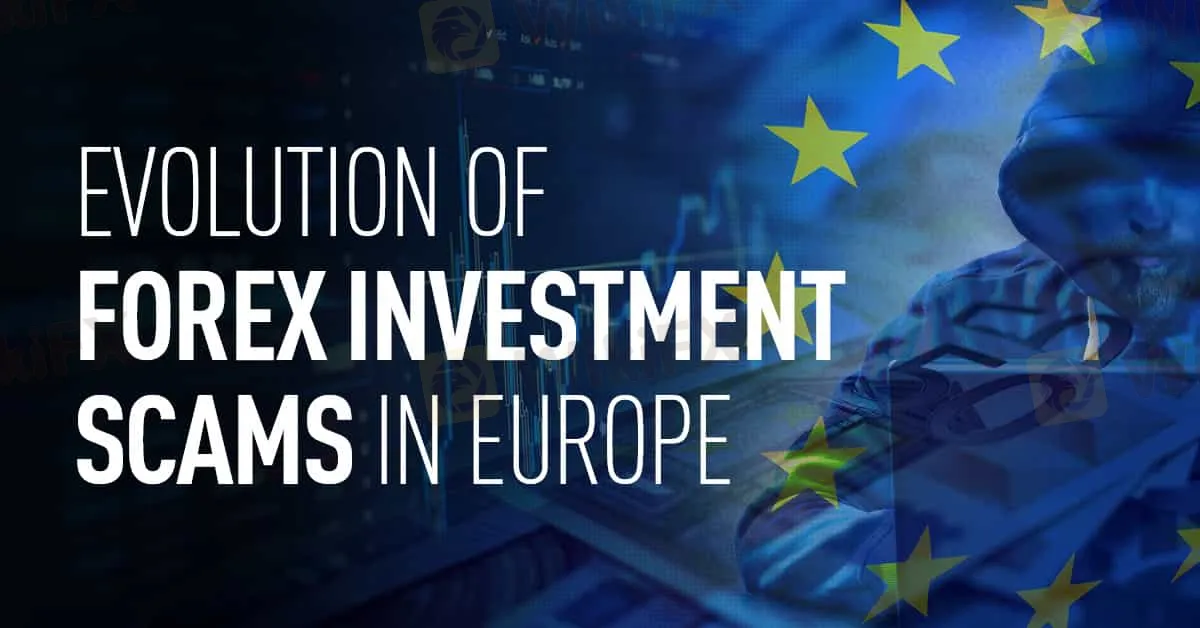
In recent years, the forex market in Europe has witnessed a significant surge in investment scams, prompting a closer examination of the evolving landscape and the tactics employed by fraudsters. As technology continues to advance, scammers are becoming increasingly sophisticated, exploiting various channels to target unsuspecting investors. In this article, we explore the trends and tactics characterizing the evolution of forex investment scams in Europe, shedding light on the challenges faced by both investors and regulatory bodies.
The traditional image of a scam often involved poorly crafted emails or unsolicited phone calls, promising quick riches through forex trading. However, the landscape has shifted, with scammers leveraging advanced technology and social media platforms to reach a wider audience. Today, potential victims can be lured through seemingly legitimate websites, sponsored advertisements on social media, or even fake mobile applications.
One notable trend in the evolution of forex scams is the use of sophisticated websites that mimic the appearance of reputable trading platforms. These websites often feature professional design, fake testimonials, and fabricated performance charts, creating a convincing façade. Investors, enticed by the promise of high returns, may unknowingly deposit funds into accounts controlled by fraudsters.
Moreover, scammers exploit the popularity of social media platforms to target individuals interested in forex trading. Fake profiles and groups are created to share misleading information, enticing users to click on fraudulent links or engage in communication with seemingly knowledgeable individuals. The rise of social trading has also become a breeding ground for scams, as investors may blindly follow the trading strategies of supposed experts without verifying their credentials.
To combat these evolving scams, regulatory bodies in Europe face a daunting challenge. The fast-paced nature of the online world requires adaptive regulatory frameworks capable of keeping up with the ever-changing tactics of scammers. Despite efforts to enforce stringent regulations, the borderless nature of the internet poses difficulties in prosecuting perpetrators who operate across multiple jurisdictions.
As investors navigate these treacherous waters, one resource that stands out in providing valuable insights and information is WikiFX. WikiFX is a comprehensive platform dedicated to forex broker information, regulatory status, and user reviews. By leveraging advanced technology, WikiFX collects and analyzes data from various reliable sources to create a transparent and user-friendly database. Investors can access detailed profiles of forex brokers, including regulatory information, trading conditions, and user experiences.
WikiFX serves as a safeguard against scams by offering a platform for investors to verify the legitimacy of brokers before engaging in any transactions. The platform's extensive database covers a wide range of brokers operating in Europe and beyond, providing users with the tools to make informed decisions. WikiFX also offers educational resources, including articles and tutorials, to enhance users' understanding of the forex market and mitigate the risk of falling victim to scams.
For those seeking a trustworthy source to navigate the intricate world of forex trading, WikiFX is a valuable ally. The platform's commitment to transparency and user empowerment aligns with the need for investors to stay informed and vigilant in the face of evolving scams.
In conclusion, the evolution of forex investment scams in Europe demands increased awareness and diligence from investors. The use of sophisticated tactics by scammers requires a collaborative effort between investors, regulatory bodies, and platforms like WikiFX to create a safer trading environment. By understanding the trends and tactics employed by fraudsters, investors can better protect themselves and make informed decisions in the complex world of forex trading.






